16 GPTs for Multilingual Research Powered by AI for Free of 2026
AI GPTs for Multilingual Research are advanced computational tools designed to support and enhance research in multiple languages. Leveraging the capabilities of Generative Pre-trained Transformers (GPTs), these tools are engineered to understand, interpret, and generate text across a wide range of languages. They play a crucial role in bridging linguistic barriers in research, making it possible to analyze and synthesize information from diverse language sources. By utilizing AI GPTs, researchers and professionals can access tailored solutions that cater to the specific needs of multilingual studies, from automated translations to sentiment analysis in different languages.
Top 10 GPTs for Multilingual Research are: Academic Writing Assistant,Traduction avancée,이미지 & 텍스트 번역기,AI and Genealogy Research GPT,JSON Translator,翻譯大師,Translator,Web Explorer,Simple Web Scraper for Translators & Localizers,Academic Research Assistant
Academic Writing Assistant
Empower Your Research with AI
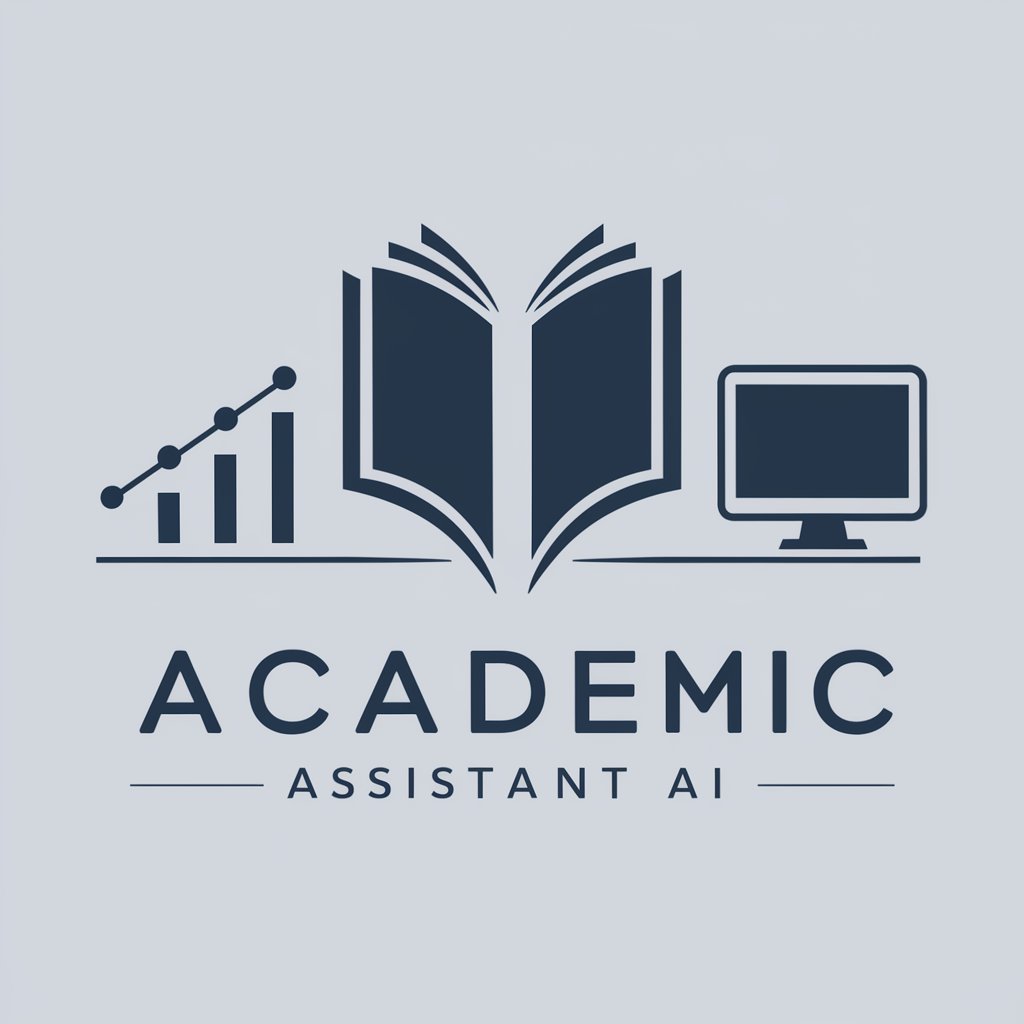
Traduction avancée
Redefining Translation with AI Precision
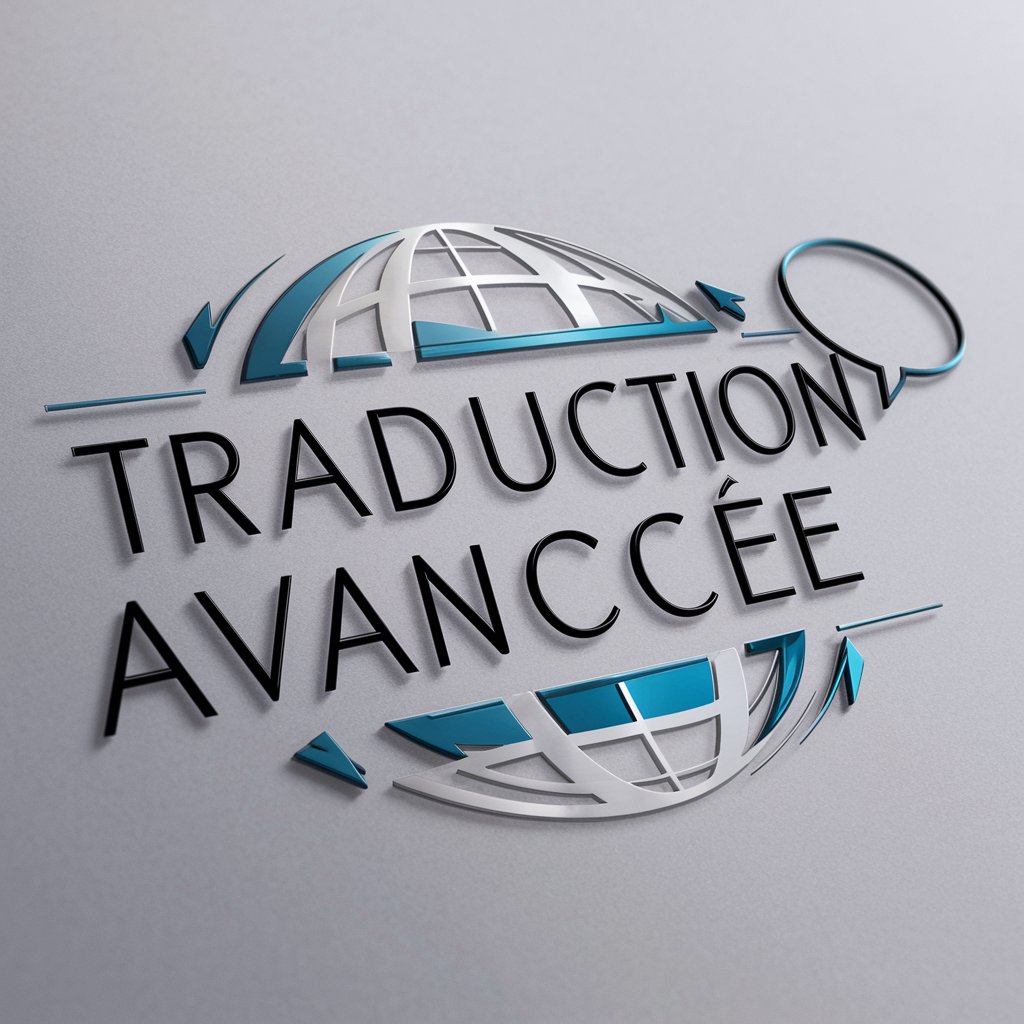
이미지 & 텍스트 번역기
Translate Image Text Seamlessly with AI
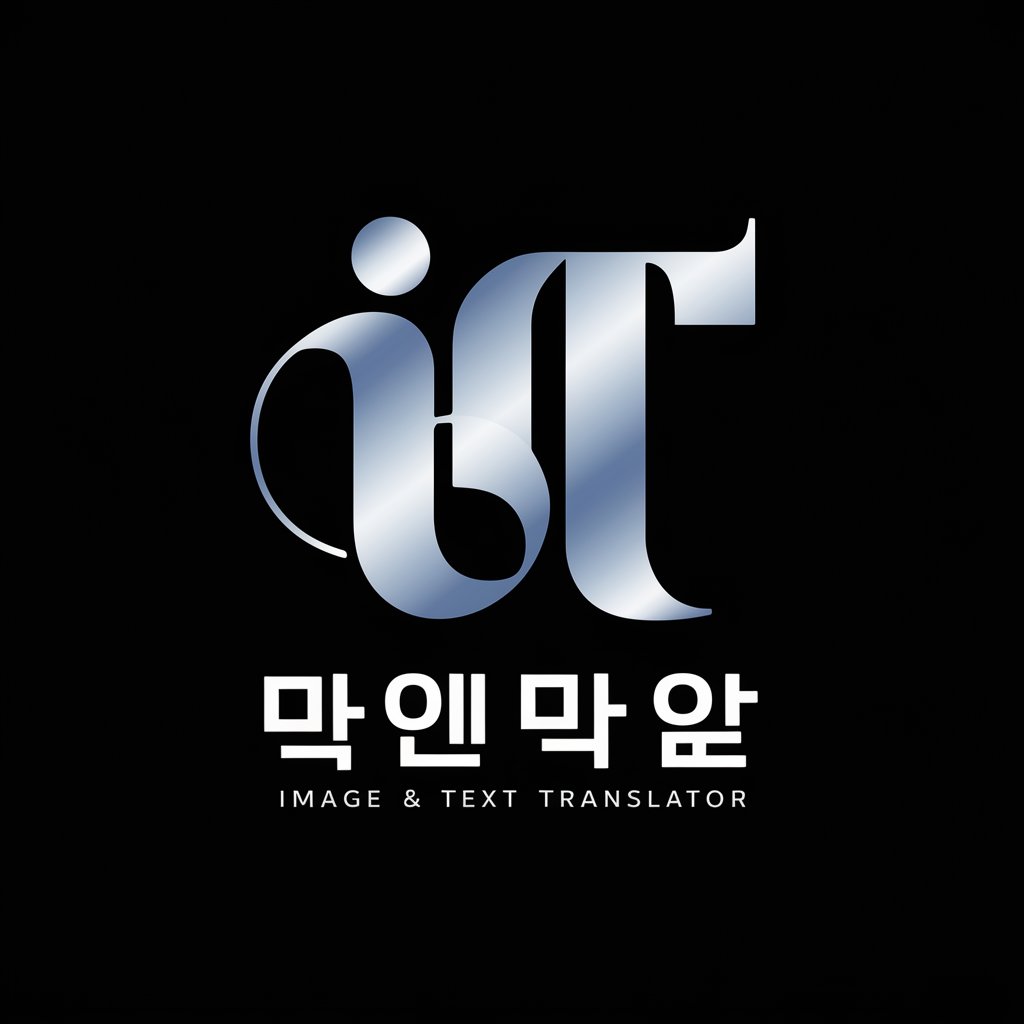
AI and Genealogy Research GPT
Discover your ancestry with AI-driven research

JSON Translator
Translate JSON files seamlessly with AI
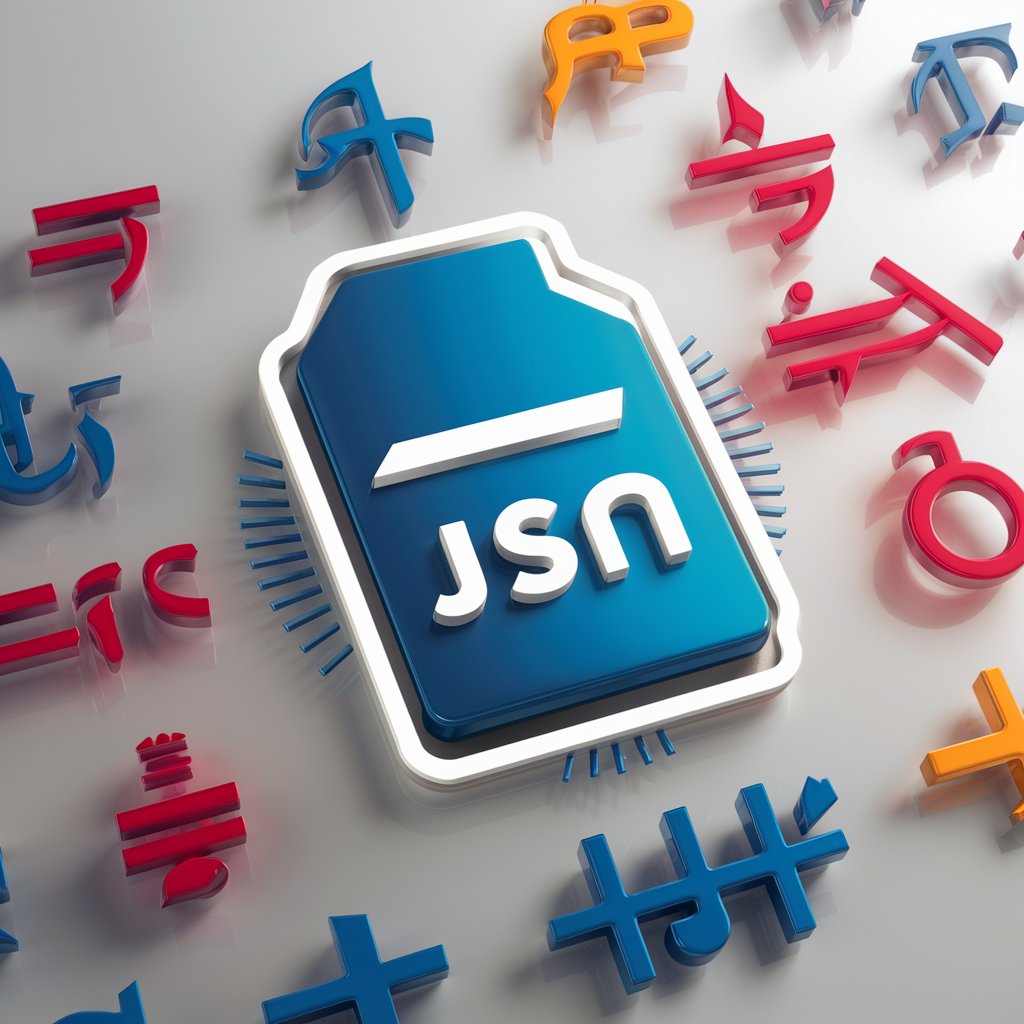
翻譯大師
Translating with AI Precision
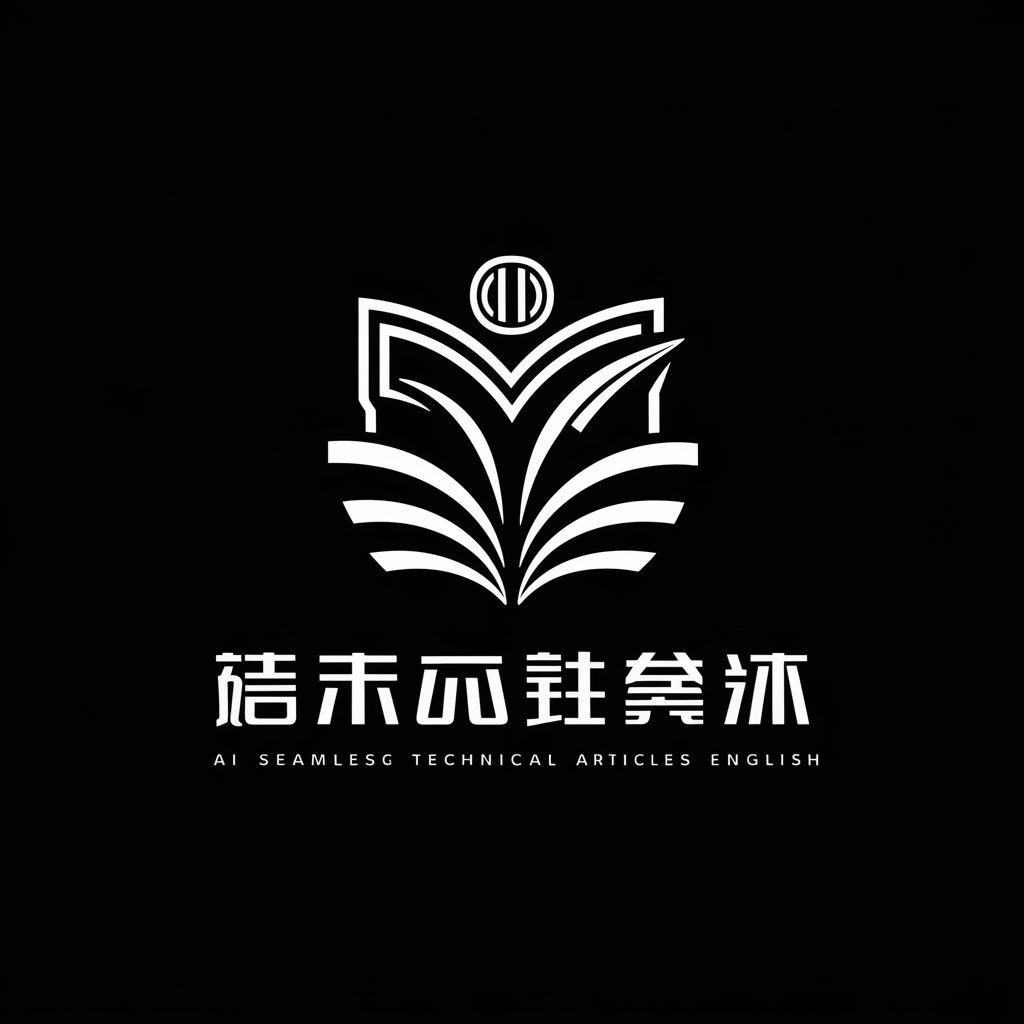
Translator
AI-Powered Precision in Language Translation
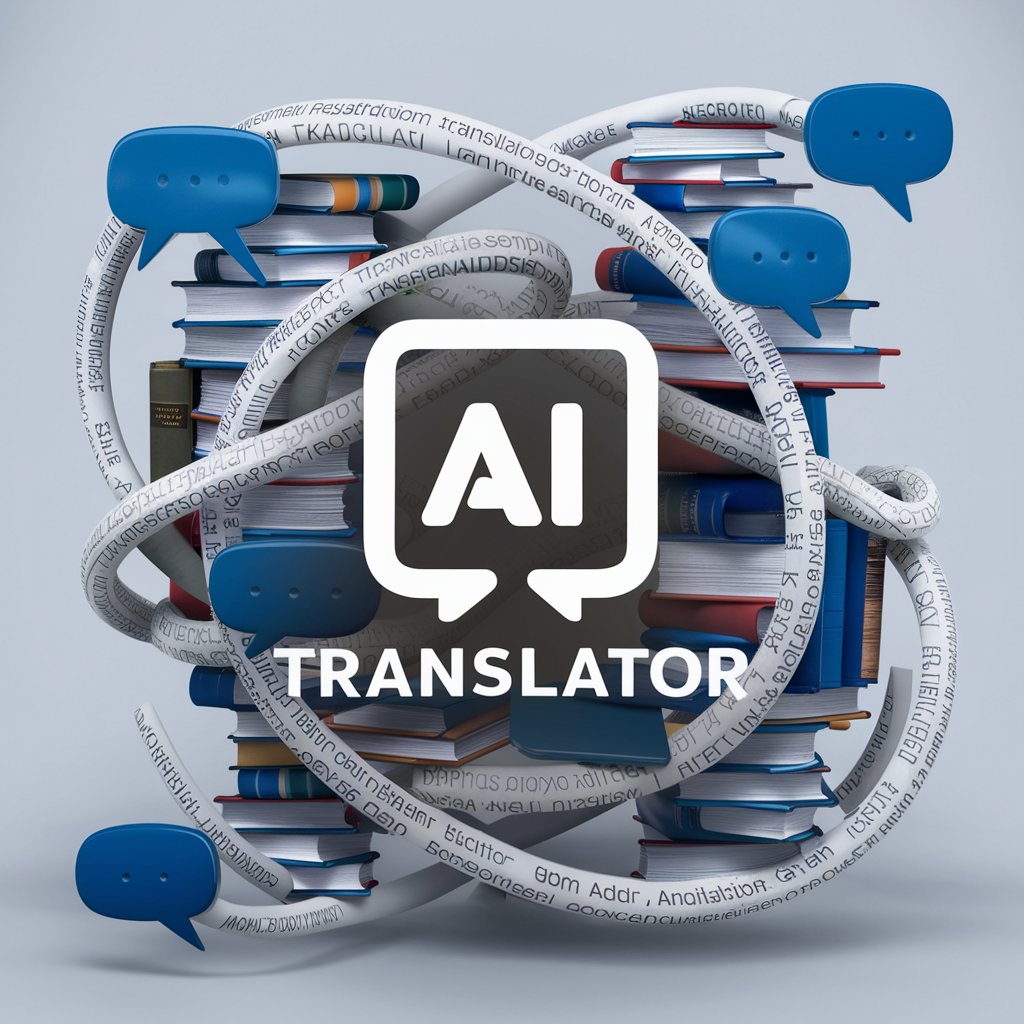
Web Explorer
Discover the Web with AI-Powered Precision

Simple Web Scraper for Translators & Localizers
Simplify localization with AI-powered scraping.
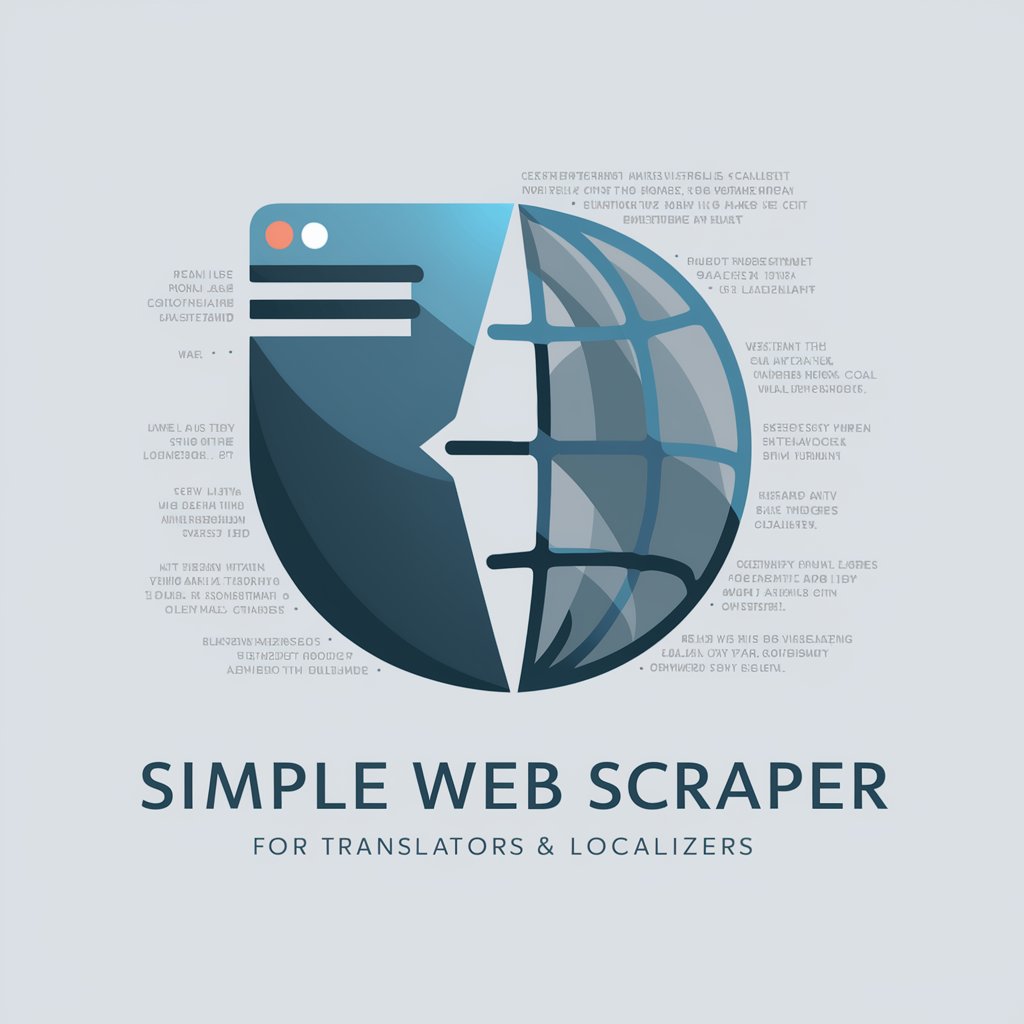
Academic Research Assistant
Empowering Research with AI
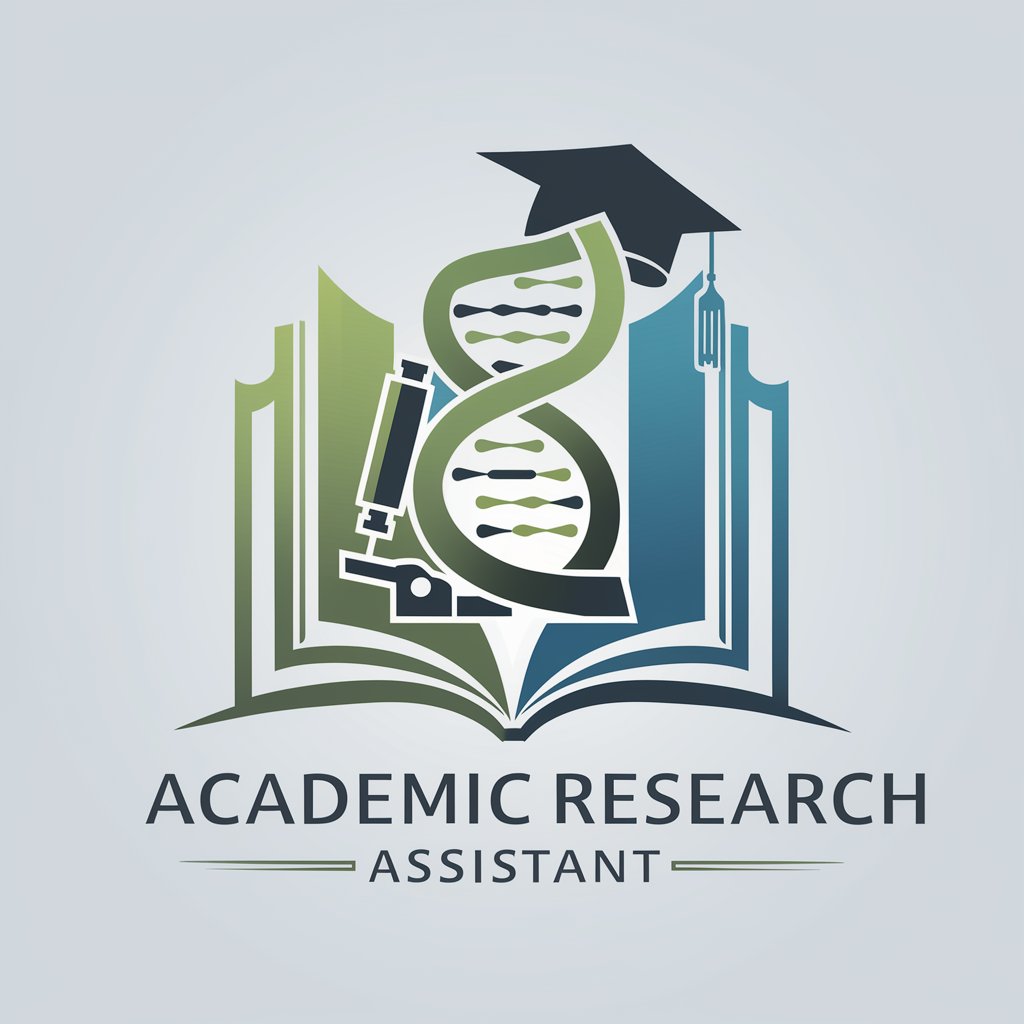
Word Wave
Bridging languages with AI precision.
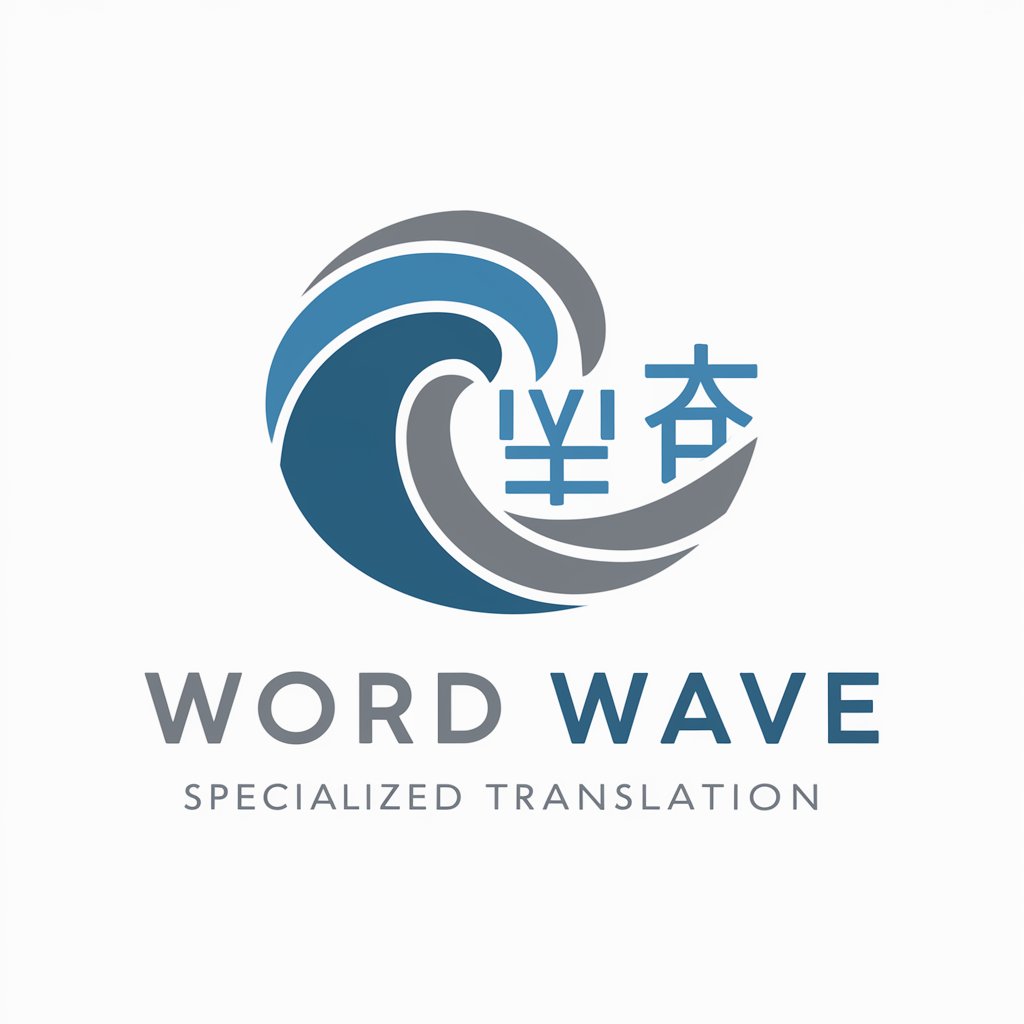
Переводчик
Bridging languages with AI

Highway Translator
Precision in Highway Engineering Translations
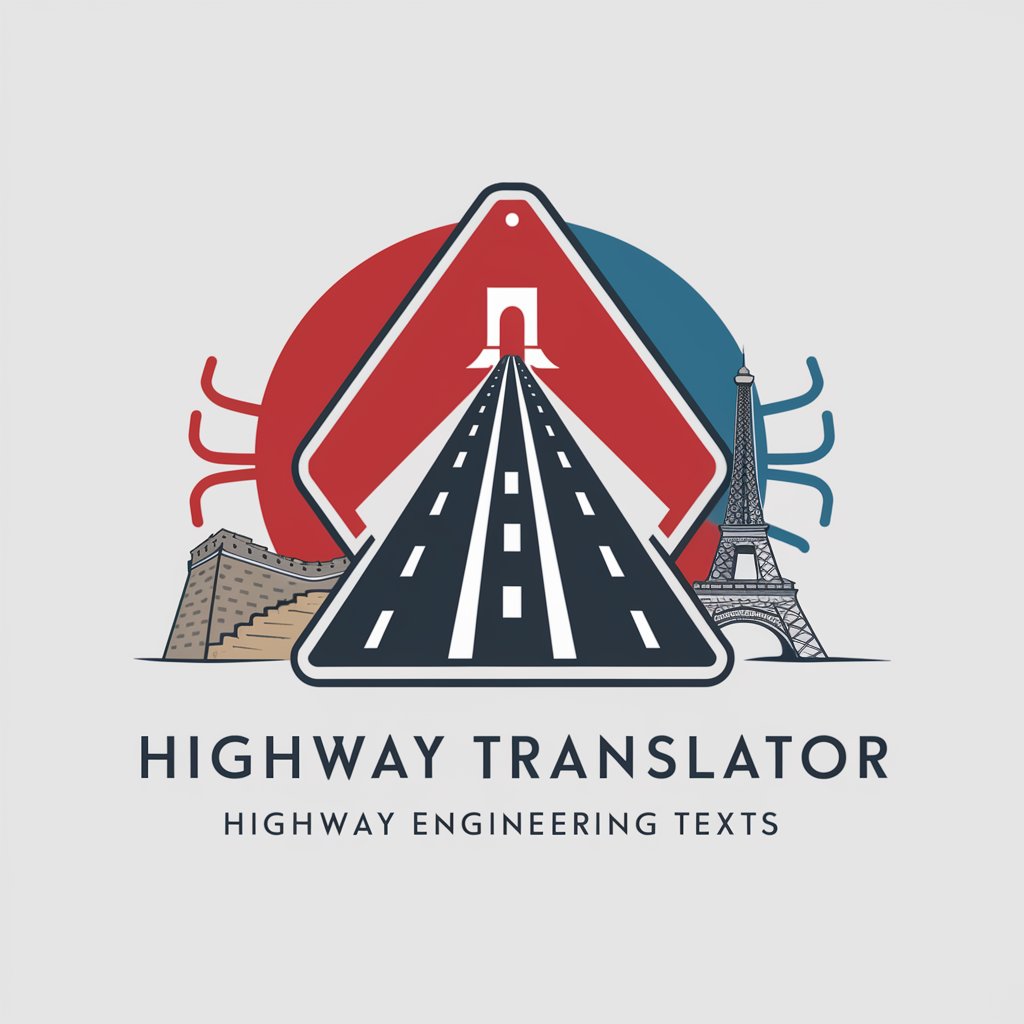
Translator Pro
AI-powered, instant Spanish to English JSON translations.

Pax
Translating with Precision, Powered by AI
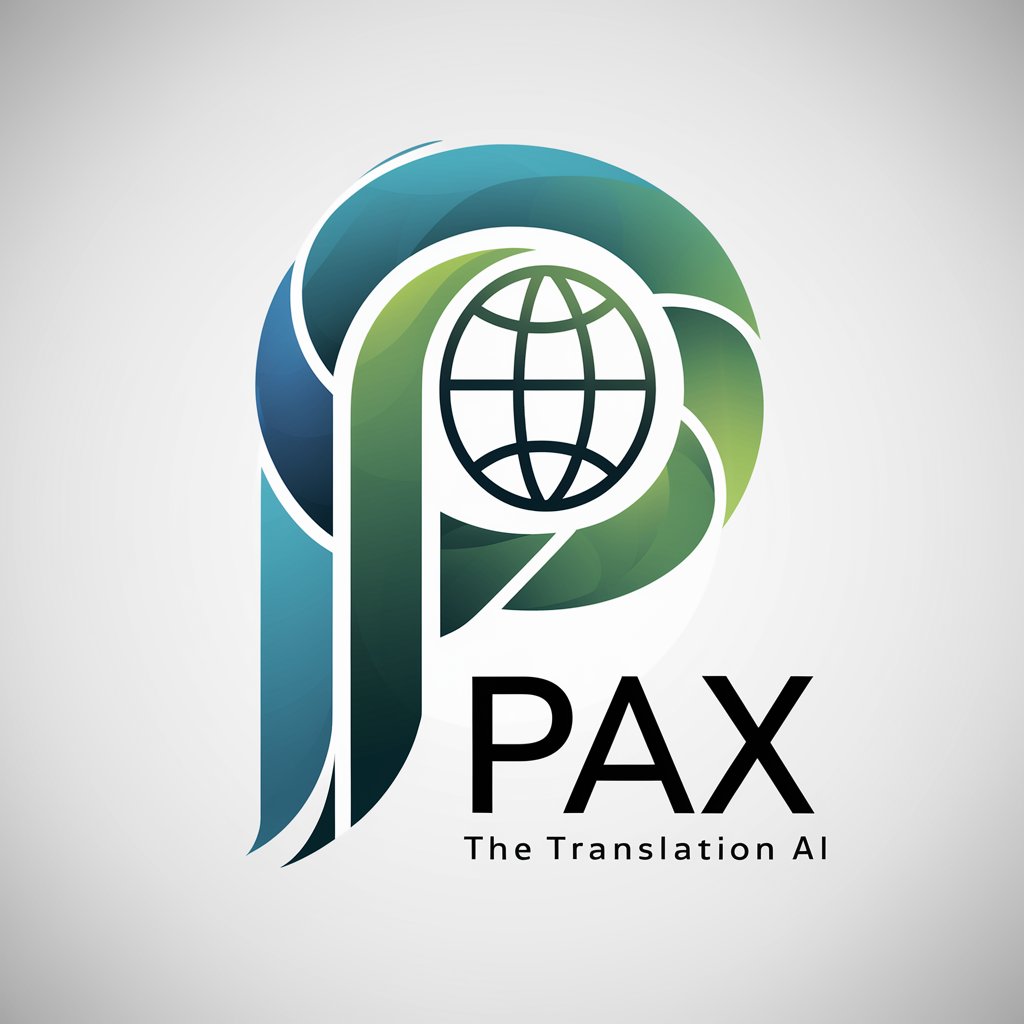
Distinct Capabilities of Multilingual GPTs
Multilingual GPTs are distinguished by their adaptability and extensive range of functions tailored for multilingual contexts. Key features include advanced language understanding for over 100 languages, real-time translation capabilities, sentiment analysis across different languages, and the ability to learn from context to improve accuracy over time. These tools also support technical tasks such as data analysis, web searching, and image creation, making them versatile assets in multilingual research. Special features like language-specific tuning and customization options further enhance their utility in diverse research scenarios.
Who Benefits from Multilingual GPT Tools
AI GPTs for Multilingual Research are designed for a broad audience, including researchers, language learners, content creators, and developers working in multilingual environments. They are accessible to novices without coding skills, thanks to user-friendly interfaces, and offer advanced customization options for developers and professionals with programming expertise. This makes these tools highly versatile, catering to the needs of those seeking to conduct research, develop multilingual applications, or simply explore content in multiple languages.
Try Our other AI GPTs tools for Free
Photography Improvement
Discover AI GPTs for Photography Improvement: cutting-edge tools designed to transform your photos using AI. Enhance, edit, and reimagine your images with ease.
Creative Feedback
Discover how AI GPTs for Creative Feedback can transform your creative process with tailored suggestions, critiques, and ideas. Ideal for creatives and professionals looking to enhance their projects.
Artistic Analysis
Discover AI GPTs for Artistic Analysis: transformative tools for exploring, creating, and understanding art through advanced AI technology.
Technical Inquiry
Explore AI GPTs for Technical Inquiry: your AI-powered assistant for technical challenges, offering tailored, accurate, and user-friendly solutions across various technical disciplines.
Adaptation Aid
Discover how AI GPTs for Adaptation Aid leverage cutting-edge technology to offer tailored support and solutions in adapting to change, making them indispensable tools for various sectors.
Ethical Scriptwriting
Discover AI GPT tools for Ethical Scriptwriting, designed to blend creativity with ethical standards, offering adaptable, user-friendly solutions for responsible content creation.
Expanding Horizons with Multilingual GPTs
Multilingual GPTs are revolutionizing how we approach language barriers in research and communication, providing customizable solutions across various sectors. They offer user-friendly interfaces and the potential for integration with existing systems, streamlining the process of multilingual research and opening up new opportunities for global collaboration and understanding.
Frequently Asked Questions
What are AI GPTs for Multilingual Research?
AI GPTs for Multilingual Research are tools designed to assist in the processing, analysis, and generation of text across multiple languages, using the power of Generative Pre-trained Transformers.
How do these tools handle multiple languages?
They leverage advanced machine learning algorithms to understand, interpret, and generate text in over 100 languages, with capabilities for real-time translation and language-specific context learning.
Can non-technical users easily use these tools?
Yes, these tools are designed with user-friendly interfaces that allow non-technical users to access their capabilities without needing programming skills.
Are there customization options for developers?
Absolutely. Developers can access APIs and other programming interfaces to customize and integrate these tools into their applications or workflows.
What makes these tools unique for Multilingual Research?
Their ability to accurately process and generate text in multiple languages, alongside features like sentiment analysis and language-specific tuning, makes them uniquely suited for multilingual research.
Can these tools improve over time?
Yes, through machine learning and continuous input, these tools can learn and adapt, improving their language processing capabilities over time.
How do they support multilingual data analysis?
By providing capabilities such as sentiment analysis, keyword extraction, and summarization in multiple languages, they enable comprehensive analysis of multilingual data sets.
Are these tools suitable for academic research?
Definitely. Their wide range of functionalities, including translation, data analysis, and content generation, make them valuable tools for academic researchers working with multilingual sources.